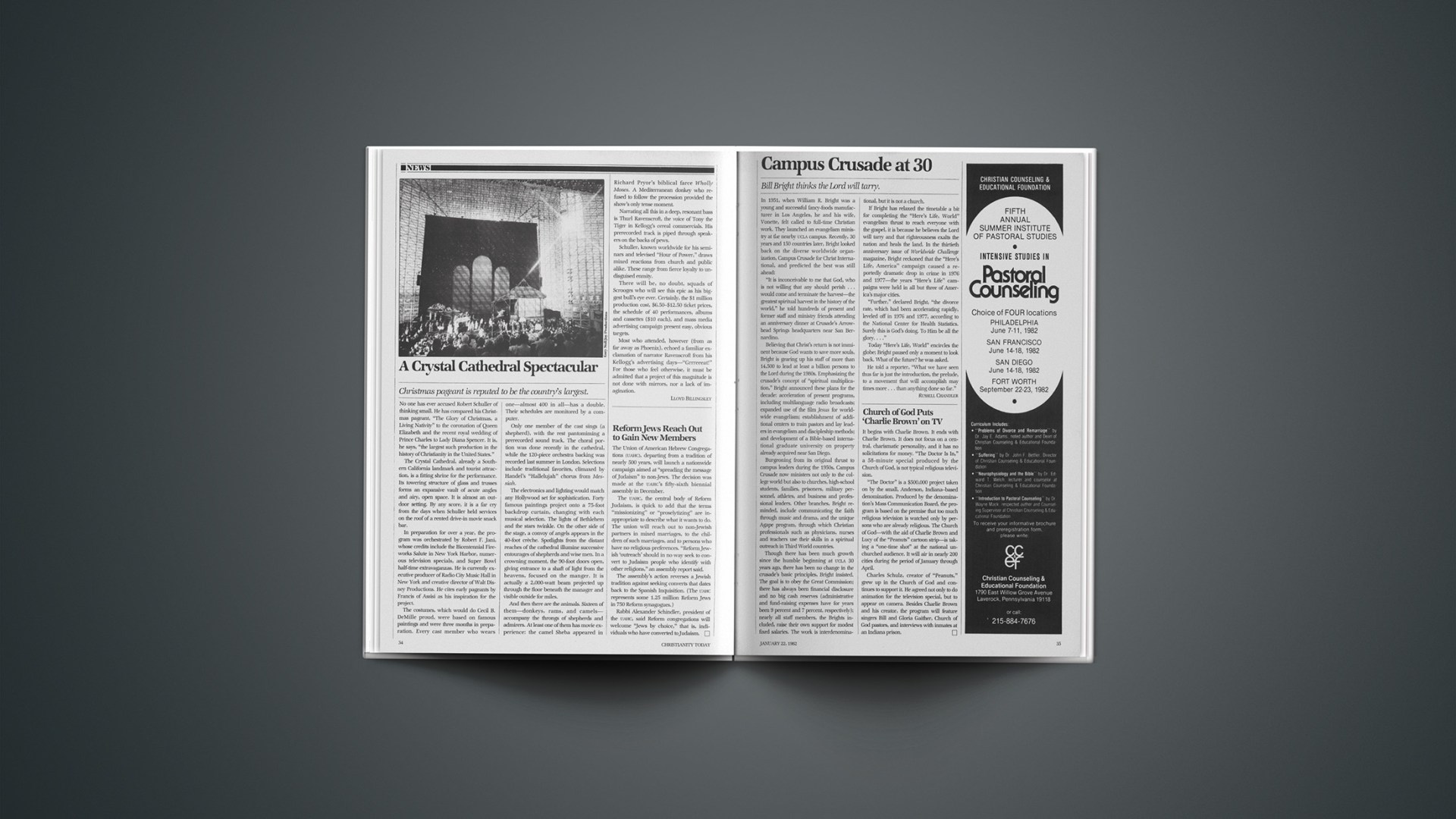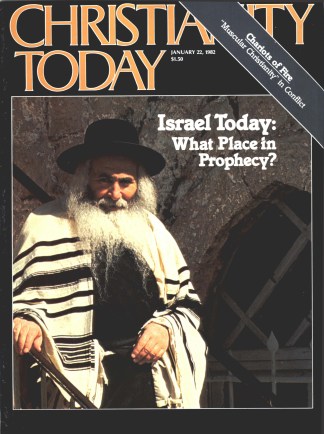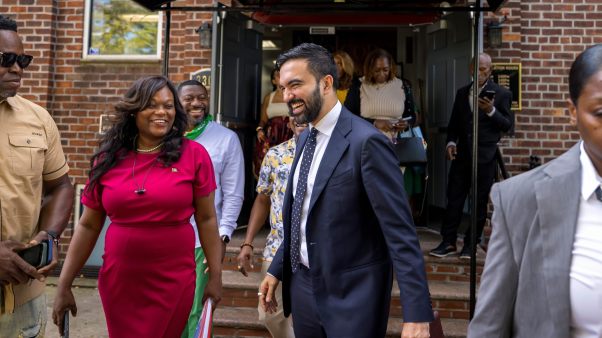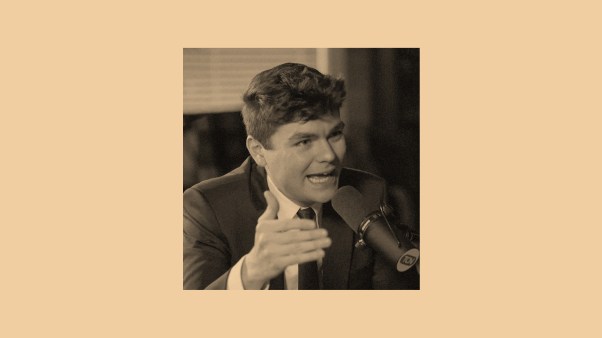Bill Bright thinks the Lord will tarry.
In 1951, when William R. Bright was a young and successful fancy-foods manufacturer in Los Angeles, he and his wife, Vonette, felt called to full-time Christian work. They launched an evangelism ministry at the nearby UCLA campus. Recently, 30 years and 150 countries later, Bright looked back on the diverse worldwide organization, Campus Crusade for Christ International, and predicted the best was still ahead:
“It is inconceivable to me that God, who is not willing that any should perish … would come and terminate the harvest—the greatest spiritual harvest in the history of the world,” he told hundreds of present and former staff and ministry friends attending an anniversary dinner at Crusade’s Arrowhead Springs headquarters near San Bernardino.
Believing that Christ’s return is not imminent because God wants to save more souls, Bright is gearing up his staff of more than 14,500 to lead at least a billion persons to the Lord during the 1980s. Emphasizing the crusade’s concept of “spiritual multiplication,” Bright announced these plans for the decade: acceleration of present programs, including multilanguage radio broadcasts; expanded use of the film Jesus for worldwide evangelism; establishment of additional centers to train pastors and lay leaders in evangelism and discipleship methods; and development of a Bible-based international graduate university on property already acquired near San Diego.
Burgeoning from its original thrust to campus leaders during the 1950s, Campus Crusade now ministers not only to the college world but also to churches, high-school students, families, prisoners, military personnel, athletes, and business and professional leaders. Other branches, Bright reminded, include communicating the faith through music and drama, and the unique Agape program, through which Christian professionals such as physicians, nurses and teachers use their skills in a spiritual outreach in Third World countries.
Though there has been much growth since the humble beginning at UCLA 30 years ago, there has been no change in the crusade’s basic principles, Bright insisted. The goal is to obey the Great Commission; there has always been financial disclosure and no big cash reserves (administrative and fund-raising expenses have for years been 9 percent and 7 percent, respectively); nearly all staff members, the Brights included, raise their own support for modest fixed salaries. The work is interdenominational, but it is not a church.
If Bright has relaxed the timetable a bit for completing the “Here’s Life, World” evangelism thrust to reach everyone with the gospel, it is because he believes the Lord will tarry and that righteousness exalts the nation and heals the land. In the thirtieth anniversary issue of Worldwide Challenge magazine, Bright reckoned that the “Here’s Life, America” campaign caused a reportedly dramatic drop in crime in 1976 and 1977—the years “Here’s Life” campaigns were held in all but three of America’s major cities.
“Further,” declared Bright, “the divorce rate, which had been accelerating rapidly, leveled off in 1976 and 1977, according to the National Center for Health Statistics. Surely this is God’s doing. To Him be all the glory.…”
Today “Here’s Life, World” encircles the globe; Bright paused only a moment to look back. What of the future? he was asked.
He told a reporter, “What we have seen thus far is just the introduction, the prelude, to a movement that will accomplish may times more … than anything done so far.”
Church Of God Puts ‘Charlie Brown’ On Tv
It begins with Charlie Brown. It ends with Charlie Brown. It does not focus on a central, charismatic personality, and it has no solicitations for money. “The Doctor Is In,” a 58-minute special produced by the Church of God, is not typical religious television.
“The Doctor” is a $500,000 project taken on by the small, Anderson, Indiana-based denomination. Produced by the denomination’s Mass Communication Board, the program is based on the premise that too much religious television is watched only by persons who are already religious. The Church of God—with the aid of Charlie Brown and Lucy of the “Peanuts” cartoon strip—is taking a “one-time shot” at the national unchurched audience. It will air in nearly 200 cities during the period of January through April.
Charles Schulz, creator of “Peanuts,” grew up in the Church of God and continues to support it. He agreed not only to do animation for the television special, but to appear on camera. Besides Charlie Brown and his creator, the program will feature singers Bill and Gloria Gaither, Church of God pastors, and interviews with inmates at an Indiana prison.










